Nature reports
Page 27 of 75 - 741 Results
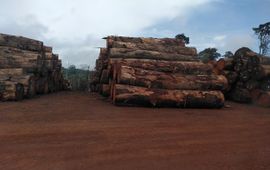
The chemical composition of tropical timber, for example, used for bridges or in window frames, reveals where the trees were growing. This can help to trace timber origin and to reduce illegal trade. This is the main finding of..
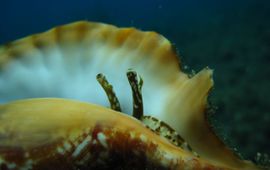
Queen conches are facing immense pressure leading to a dramatic decrease in their populations. Luckily, a new project, started at the Curaçao Sea Aquarium in 2020, will explore ways to reduce mortality rates and develop new..
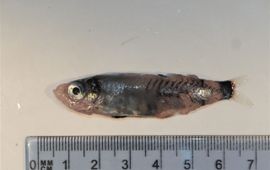
It is five centimetres long, but larger than all its relatives: Microichthys grandis, literally 'big little fish'. Researchers from the Natural History Museum Stuttgart (SMNS) and Wageningen Marine Research (WMR) discovered this..
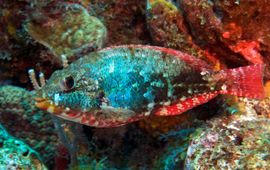
Parrotfish are more than just a pretty face. The average parrotfish spends up to 90 percent of its day cleaning the coral reefs. Their sharp beaks allow them to easily scrape algae off corals and rocks, essential for keeping the..
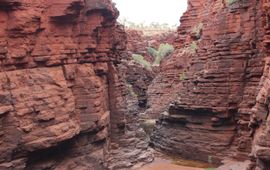
Nearly 2.5 billion years ago, seas on our planet alternately contained more or less oxygen, due to the slow 'wobble' of the rotating Earth. PhD student Margriet Lantink: "The fact that the Earth eventually became an oxygen-rich..
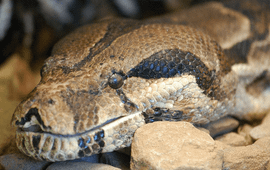
Likely introduced via the exotic pet industry, boa constrictors have had an island-wide population on Aruba since 2005. The impact of boa constrictors on Aruba has led to the implementation of control measures, including removal..
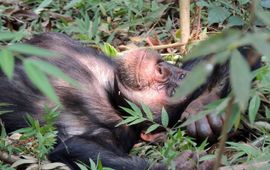
Ground nesting in chimpanzees was once thought to be a rare and patchily-occurring behaviour. However, a new paper shows that it is a major component of the species’ behavioural repertoire across a considerable fraction of a..
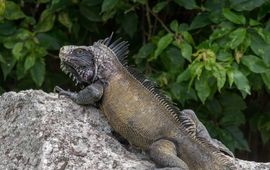
Research of Wageningen University & Research has identified a recent incursion of non-native iguanas on Saba, which form a major threat to the endemic melanistic iguana population. A promising study shows a new methodology with..
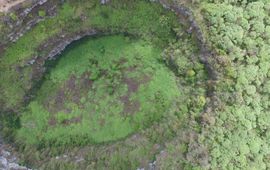
An international research team led by the Netherlands Institute of Ecology (NIOO-KNAW) is going to search for invisible life in the Galápagos Islands. The diversity of bacteria and other microscopic organisms may not be evident to..
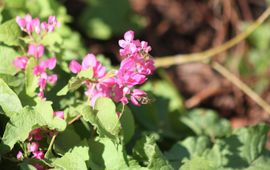
Coralita is an ornamental plant that was introduced to several Caribbean islands and has quickly found its way to the top of the invasive species lists for the Dutch Caribbean. Its fast-growing vines smother and outcompete native..
